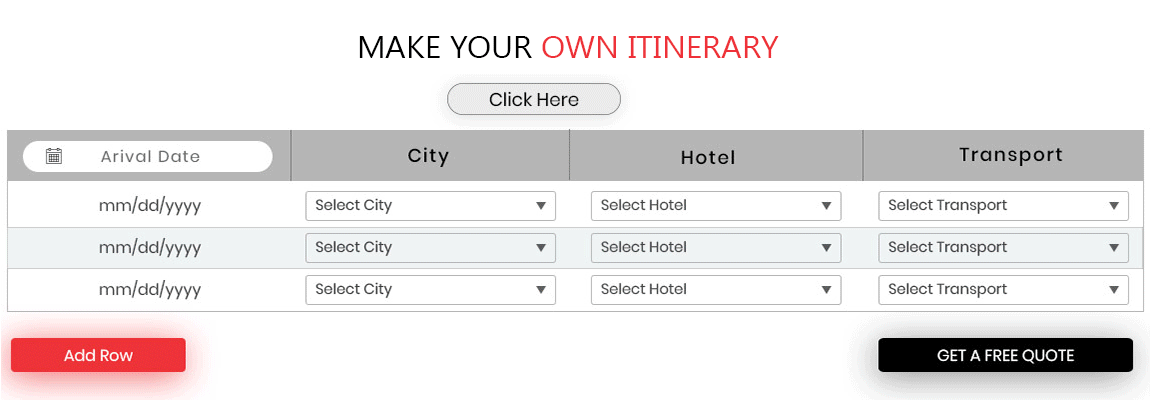buddha purnima
Dates
Start Date: 23-05-2024 End Date: 23-05-2024Location
All over IndiaBuddha Purnima festival in India
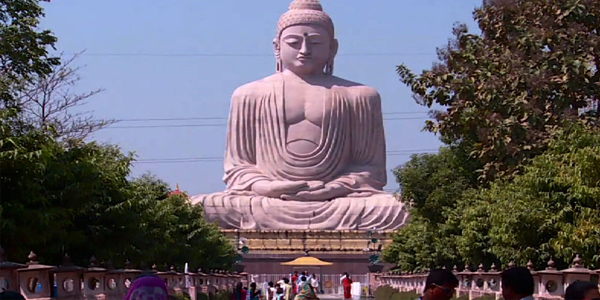
Buddha Purnima is observed on the full moon of the month of Vaisakh. It is also known as Vesakha, Buddha Day or Buddha’s birthday. This year it falls on the 07th of May. The festival marks the day when Lord Buddha, the founder of Buddhism was born, attained enlightenment and died. Followers of Buddhism all over the world celebrate this festival and in some parts of the country, many Hindus also celebrate the festival. It is usually a holiday and schools and colleges remain closed on this day.
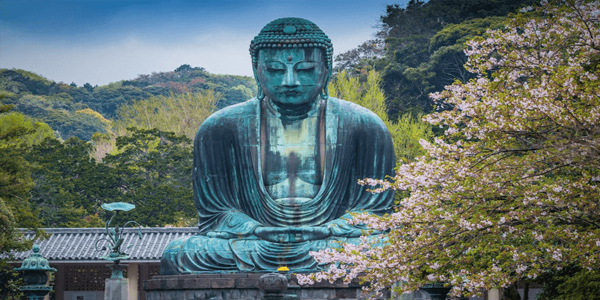
Gautama Buddha was the founder of Buddhism. He was born in the 5th century in a village named Lumbini to King Suddhodana and Queen Maya Devi. His birth name was Siddhartha. He was married to Yashodhara and had a son named Rahul. Siddhartha as a young child was very kind towards people and even to animals but he was never interested in the materialistic world. One day when Prince Siddhartha was out on a tour of his city, he came across an old man, a man suffering from disease, a dead body and an ascetic.
Thesesights are known as the “Four Great Sights” led him to contemplate the meaning of life and how futile life is if it ends in suffering and pain. This in turn led him to renounce the worldly pleasures and become an ascetic himself. He sat in penance under a Pipal tree where he attained Nirvana, or Enlightenment. The tree came to be known as the Bodhi Tree and the place as Bodh Gaya. He gave his first sermon in the Deer Park, Sarnath. Buddha preached the four noble truths and the Eight-fold path of living one’s life. The followers of Buddha became to be known as “ Buddhists” and “Buddhism” became one of the most widespread religions of the world.
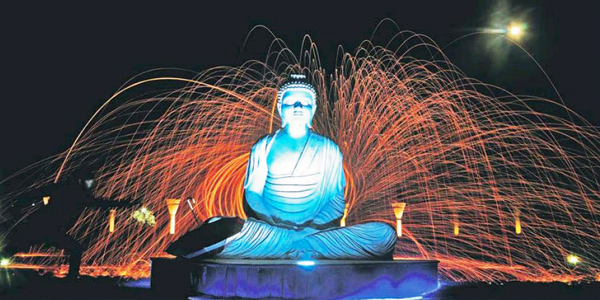
Buddhism originated in India but slowly spread its roots all over the world. It is now the largest religion in the world, and Lord Buddha is a person who is regarded as a God by a large number of people. Buddhists now can be found in many countries of the world and Buddhism is the dominant religion in many countries like Nepal, China, Japan, Mongolia, Thailand, Sri Lanka, North Korea, South Korea, Hong Kong, Singapore, Tibet, and Bhutan among the others. Buddhists are divided into two sects, namely the Hinayana and the Mahayana.
Buddhism welcomed people regardless of the class, caste or creed they belonged to. Legend has it that King Asoka after the Kalinga war was very upset because of the immense violence and bloodshed that had resulted from the war. He then found his solace in Buddhism and became a monk. He chanted “Buddham Sharanam Gacchami”, which means surrendering oneself in the shadow of the Buddha. He built many Stupas and pillars with inscriptions in Pali and Prakrit and helped in promoting Buddhism.
Buddhism preached a way of life which was a middle path between pleasure and penance. He preached the four noble truths which were-
- The truth that there is suffering.
- The suffering is caused by Desire.
- There is cessation of suffering.
- There is a path that leads to the end of suffering.
He preached the Eight-fold path which was the right way of leading one’s life, which was- Right View, Right Resolve, Right Speech, Right Conduct, Right Livelihood, Right effort, Right Mindfulness and Right Samadhi.
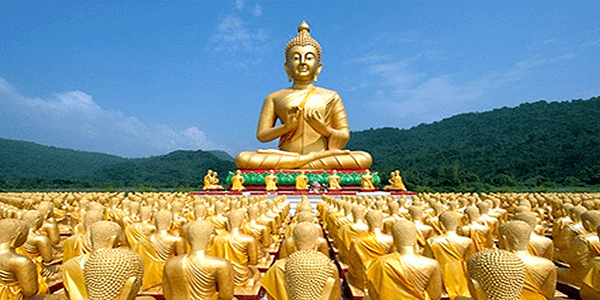
As Buddhism is spread all over the world, people in different countries celebrate Buddha Purnima in different ways. The people assemble in the temples before dawn for a ceremony where the Buddhist Flag is hoisted and people sing hymns to honor their Three gems, that is, The Buddha, The Dhamma (his teachings) and The Sangha (his disciples). They are dressed in white clothes. The idol of Lord Buddha is immersed in water and then devotees make simple offerings of candles, flowers and joss sticks. These offerings have a symbolic meaning.
They are meant to remind the devotees that like these offerings, life is perishable too and there is no use of being sad at the end of something which is meant to ne persuade. However, Buddha believed that the greatest offering that his devotees could give him was by following his teachings (the Dhamma). The devotees pray for a longer period of time on this day and vow to follow the path of Buddha with renewed fervor. They prepare delicacies and as Buddha preached love for animals, devotees refrain from eating non-vegetarian food on that day. In some places, the slaughterhouses and alcohol shops are closed on that day. Also, in many places, birds, animals and insects are released from captivitysymbolising the freedom and liberation of everyone. However, this practice is restricted to fewer places only. The use of hard and pungent smelling spices is also not allowed. Therefore, the food is prepared without the use of onion and garlic.
The statue of the Buddha is kept in a dish of water which is beautifully decorated with flowers. The devotees are required to pour water on the statue of Buddha which is symbolic of cleansing themselves of their own Bad Karma and signifies a new beginning for them. Devotees are required to listen to the sermons by monks that are held in the temples. The monks recite some verse from the sermons of Buddha that he uttered centuries ago. Buddha Purnima is a day where the followers of Buddha try to make an initiative of making other people happy. They help poor and sick people and donate gifts and money to charities. Some devotees also arrange for refreshments and vegetarian food in the premises of the temple for other people who come visit the temple and pay their homage and respects to Lord Buddha. They are expected to follow the teachings of Buddha and treat every person as an equal and also respect the views of every person.
Buddha Purnima is the most important festival of the Buddhist as it marks the major events of Gautama Buddha’s life. The devotees help in the cleaning and decorating of the temple for the day. They paint important scenes from the life of Buddha to show the common public.
The festival of Buddha Purnima is celebrated worldwide but it is not celebrated with a lot of pomp and show. It is celebrated in a quiet manner as Buddha might have wanted. People immerse themselves in prayer all day long. The celebrations do not boast of loud colors and music. Everything takes place in a quiet sober manner. The people believe in sharing the happiness and therefore indulge themselves in helping other people. They offer their services to the temples and also to people in need. They have found the best way to honor their teacher. In doing so, they find their peace and happiness.
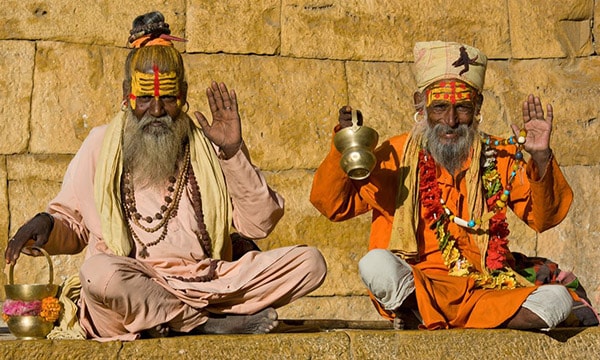
India Culture Tour
Delhi - Mandawa
Pushkar - Samode - Jaipur - Karauli - Gwalior - Agra - Bharatpur - Delhi
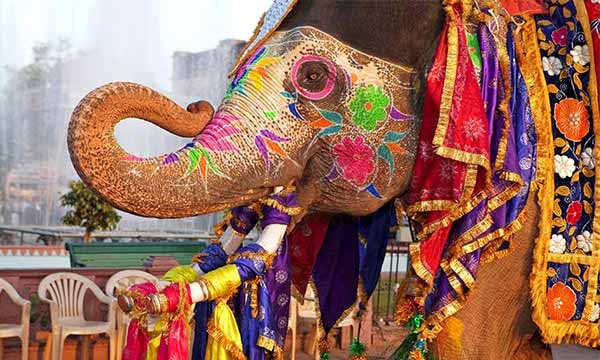
Royal Rajasthan Tour Package
Delhi - Jodhpur
Jaisalmer - Ranakpur - Udaipur - Jaipur - Agra - Delhi
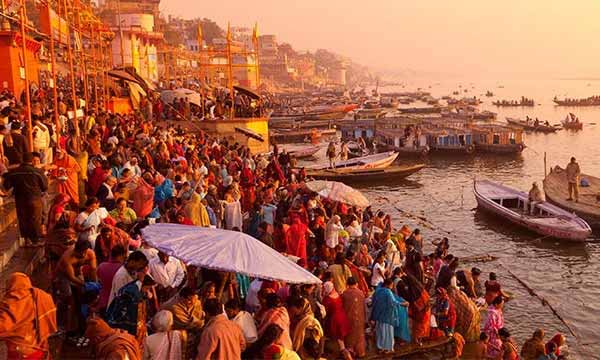
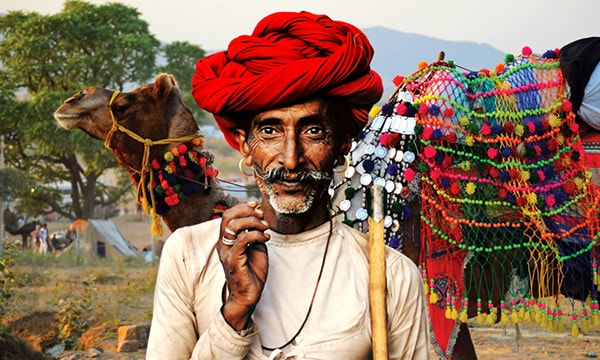
Photography tour in Rajasthan
Delhi - Mandawa
Bikaner - Jaisalmer - Jodhpur - Udaipur - Pushkar - Jaipur - Agra - Varanasi - Delhi








